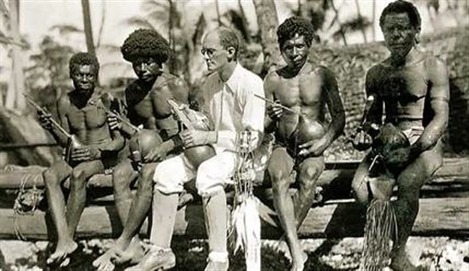Gradual reforms fail in Morocco
by Nagham Assaad Morocco was not immune to the popular movement witnessed in the Arab region following the outbreak of the Tunisian revolution in December 2010....
by Nagham Assaad Morocco was not immune to the popular movement witnessed in the Arab region following the outbreak of the Tunisian revolution in December 2010....
By Eric BennettDid the CIA fund creative writing in America? The idea seems like the invention of a creative writer. Yet once upon a time...

by Nicole OuimetteThe revolution will not be cited. It will not have a bibliography, or a title page. The revolution will never happen in the...

by Henry PrechtThirty-five years since the Iranian revolution should be adequate time for aspiring Iran hands to turn a deaf ear to the “Death to...
Scientists experimenting with stem cell approaches to alternative organ cell development have discovered a potential breakthrough in the way type 1 diabetes is treated, a...
"The Iranian Army's naval fleets have already started their voyage towards the Atlantic Ocean via the waters near South Africa," Commander of Iran's Northern Navy...

As an early-career lecturer in a post-1992 university, I often feel like a rare bird in an ornate cage struggling to maintain its dignity in...
Craignant un dangereux retour de flammes, le roi Abdallah vient d'adopter un décret qui prévoit des peines de trois à vingt ans de prison pour...
U.S. national security advisor says 'personal attacks' against Kerry are 'totally unfounded and unacceptable.'Susan Rice — the national security adviser who rocked headlines by repeating...

Rebels in Syria with ties to al-Qaida have decapitated a man believed to have been a pro-government Shia fighter, an amateur video of the public...